Don’t Let Winter Fool You: Why Sunscreen Is a Must Every Season

The sky is overcast, snow blankets the ground, and there’s not a sunbeam in sight. You grab your scarf, coat, and gloves, but you skip the sunscreen because, well, it’s winter—why would you need it? It’s a common assumption that sunscreen is only for sunny summer days, but here’s the catch: this couldn’t be further from the truth! In fact, the winter months bring their own unique challenges when it comes to protecting your skin from harmful UV rays.
Let’s unravel this popular myth and explore why sunscreen should be a non-negotiable part of your skincare routine, even when the temperatures plummet.
Myth: The Sun’s Rays Are Harmless in Winter
Many people believe the sun’s harmful effects disappear with the summer heat. But here’s the truth:
- UVA Rays Don’t Take Vacations: Ultraviolet A (UVA) rays, which penetrate deep into the skin causing aging and wrinkles, remain constant all year. They even pass through windows, meaning you’re exposed indoors too.
- UVB Rays Are Still Active: UVB rays, which cause sunburn, might be weaker in winter but can still damage your skin. Snow amplifies the risk by reflecting sunlight, doubling your exposure.
- Clouds Aren’t Shields: Overcast skies don’t block UV rays. Up to 80% of these rays can pass through clouds, leaving your skin unprotected.
Why Skipping Sunscreen in Winter Is a Bad Idea
Skipping sunscreen might feel convenient, but it can lead to long-term skin issues:
You might be surprised to learn that the sun's UV rays remain active even during winter. Even if the weather is cloudy or it’s snowing, those harmful rays are still up there, ready to damage your skin.
UV radiation is responsible for causing premature aging, wrinkles, and even skin cancer over time. Just because you can’t feel the warmth of the sun doesn’t mean its rays aren't affecting your skin.
So, even in winter, it’s important to wear sunscreen to protect your skin.
Winter air is dry, and that can lead to cracked, irritated skin. Cold temperatures and indoor heating strip moisture from your skin, leaving it more prone to damage.
Sunscreen helps lock in hydration, acting as a barrier against the elements, while also protecting your skin from UV damage. It’s like adding an extra shield to your skin during the harsh winter months.
Winter sunburns are more common than you might think. Although we typically link sunburns to summer, the chilly winter air offers no shield against the harmful effects of UV rays.
In fact, snow can reflect up to 80% of sunlight, intensifying your exposure. If you’re skiing, snowboarding, or even just enjoying a walk in the snow, your skin is still vulnerable to sunburn.
The sun’s rays can be just as strong in winter, especially at higher altitudes or on bright, sunny days. Since we tend to spend less time outside in winter, we often forget to apply sunscreen, making it even easier to get burned.
How to Pick the Perfect Winter Sunscreen
When choosing a sunscreen to protect your skin in winter, keep these key points in mind:
- Broad-Spectrum Protection: Make sure the sunscreen protects against both UVA and UVB rays. UVA rays cause aging and wrinkles, while UVB rays can lead to sunburns. Both types of rays can harm your skin, even in the winter.
- SPF 50: For optimal protection, choose a sunscreen with at least SPF 50. A higher SPF gives you a stronger defense against UV rays, which is especially important in places with reflective snow or high altitudes.
- PA ++++ Rating: Look for a sunscreen with a PA++++ rating. This indicates the highest level of protection against UVA rays, which can penetrate deeper into the skin and cause long-term damage.
- Moisturizing Ingredient: Winter air can leave your skin dry, so pick a sunscreen that also hydrates. Ingredients like Hyaluronic acid, Glycerin, or Pine bark extract help lock in moisture and keep your skin soft.
- Water-Resistant: If you’re spending time outside in snow or sweat, a water-resistant sunscreen helps keep you protected for longer.
- Reapply Often: Sunscreen wears off over time, so make sure to reapply every 2 hours, especially if you’re outdoors for a while.
Winter Skin and Wellness Tips
- Always Apply Sunscreen: Even in winter, UV rays can harm your skin. Use a broad-spectrum SPF 50 or higher and reapply every two hours if you’re outdoors. This step is crucial to prevent long-term damage.
- Moisturize Regularly: Winter air can leave your skin dry and flaky. Opt for a hydrating moisturizer with ingredients like Aloe Vera, Peach Extract or Hyaluronic acid to keep your skin supple and smooth.
- Stay Hydrated: You may not feel as thirsty in winter, but your body still needs water. Drink enough to keep your skin and body healthy.
- Protect Your Lips and Hands: Your lips and hands are prone to cracking in winter. Use a nourishing lip balm with SPF and wear gloves to shield your hands from harsh winds.
Final Thoughts
Winter might feel like a break from the sun’s intensity, but UV rays never take a day off. Wearing sunscreen daily, combined with these winter skincare tips, is one of the simplest ways to protect your skin and keep it healthy. So, embrace your winter skincare routine, reach for your SPF, and let your skin glow—no matter the season.
Sources:
https://www.cancer.org/cancer/risk-prevention/sun-and-uv/uv-radiation.html,



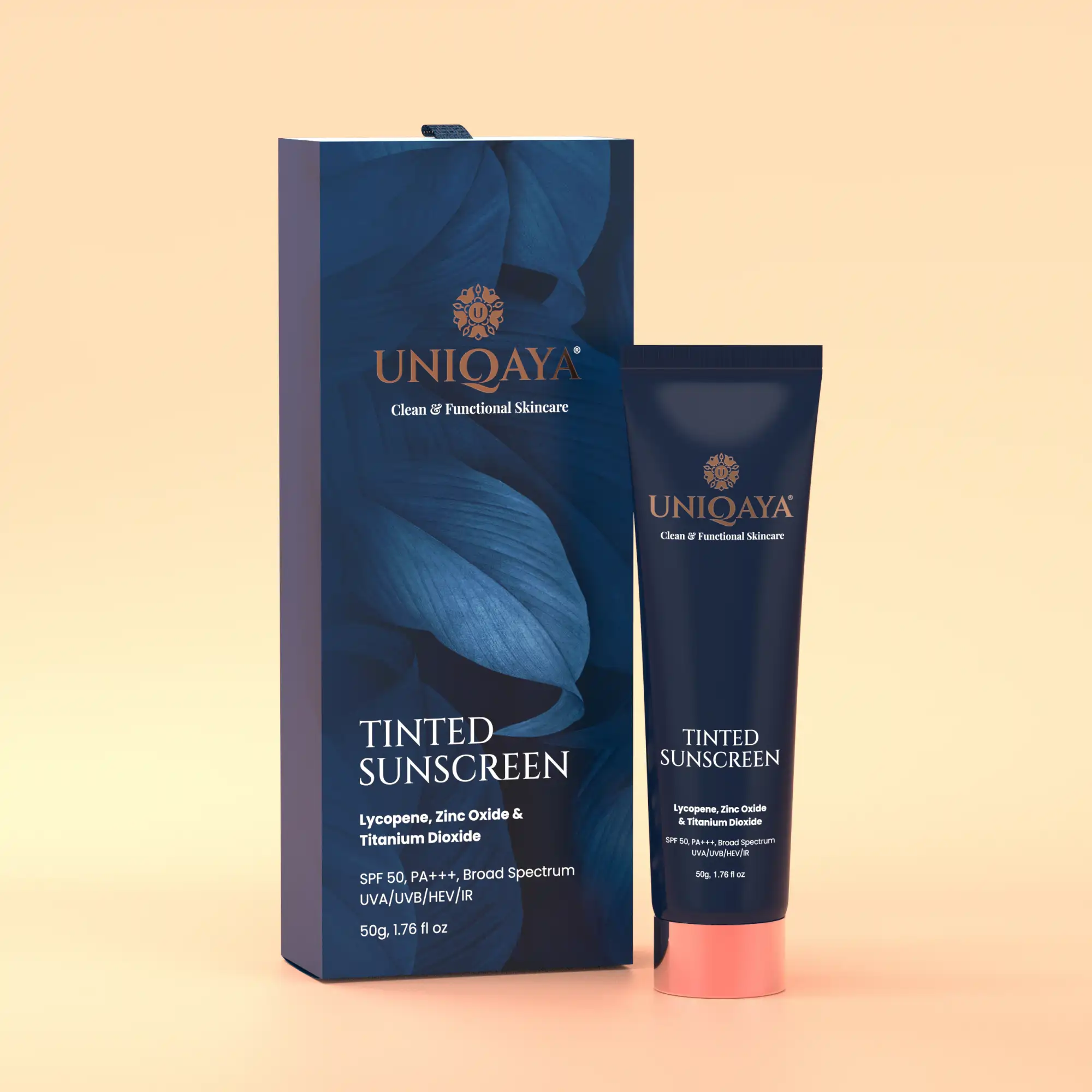
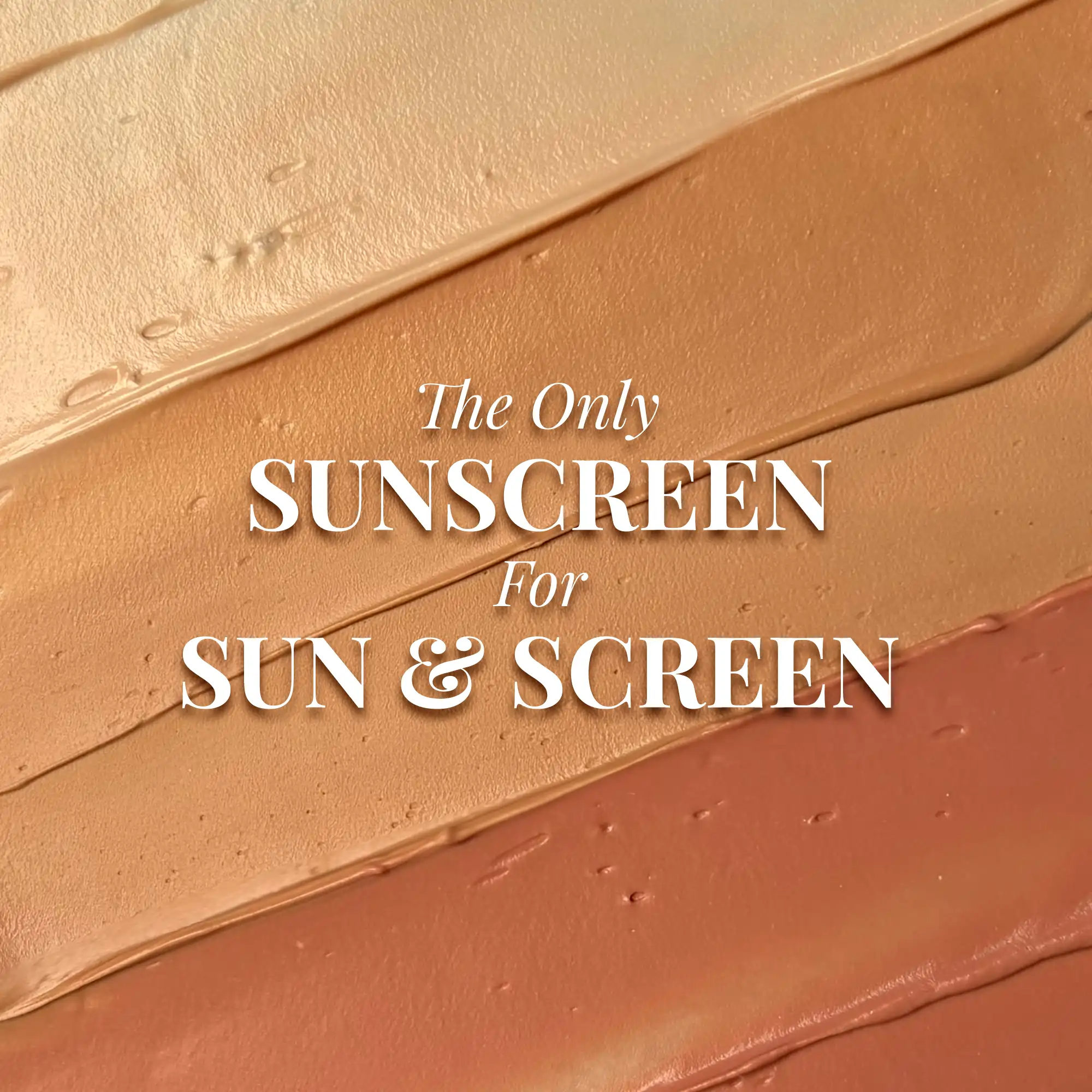
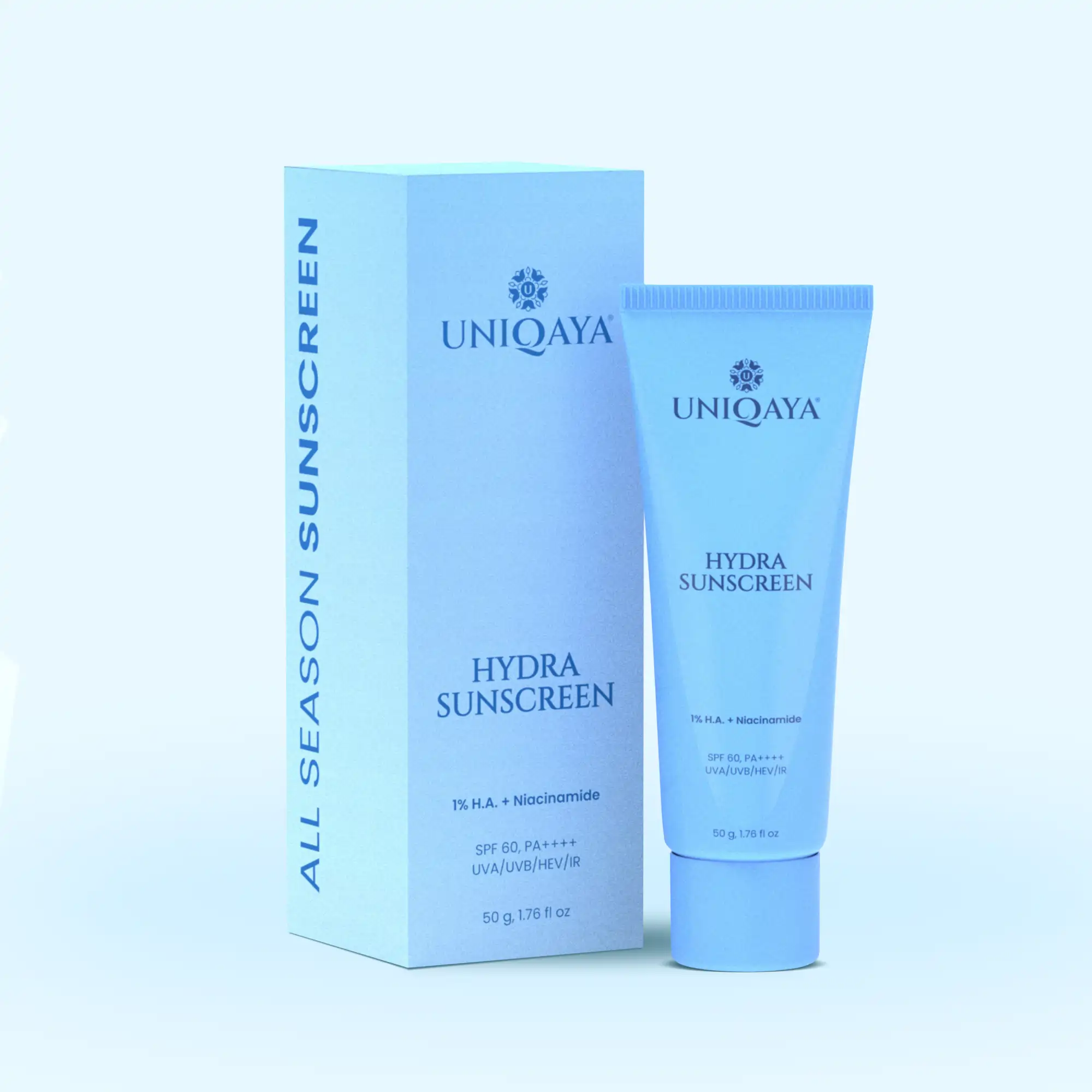
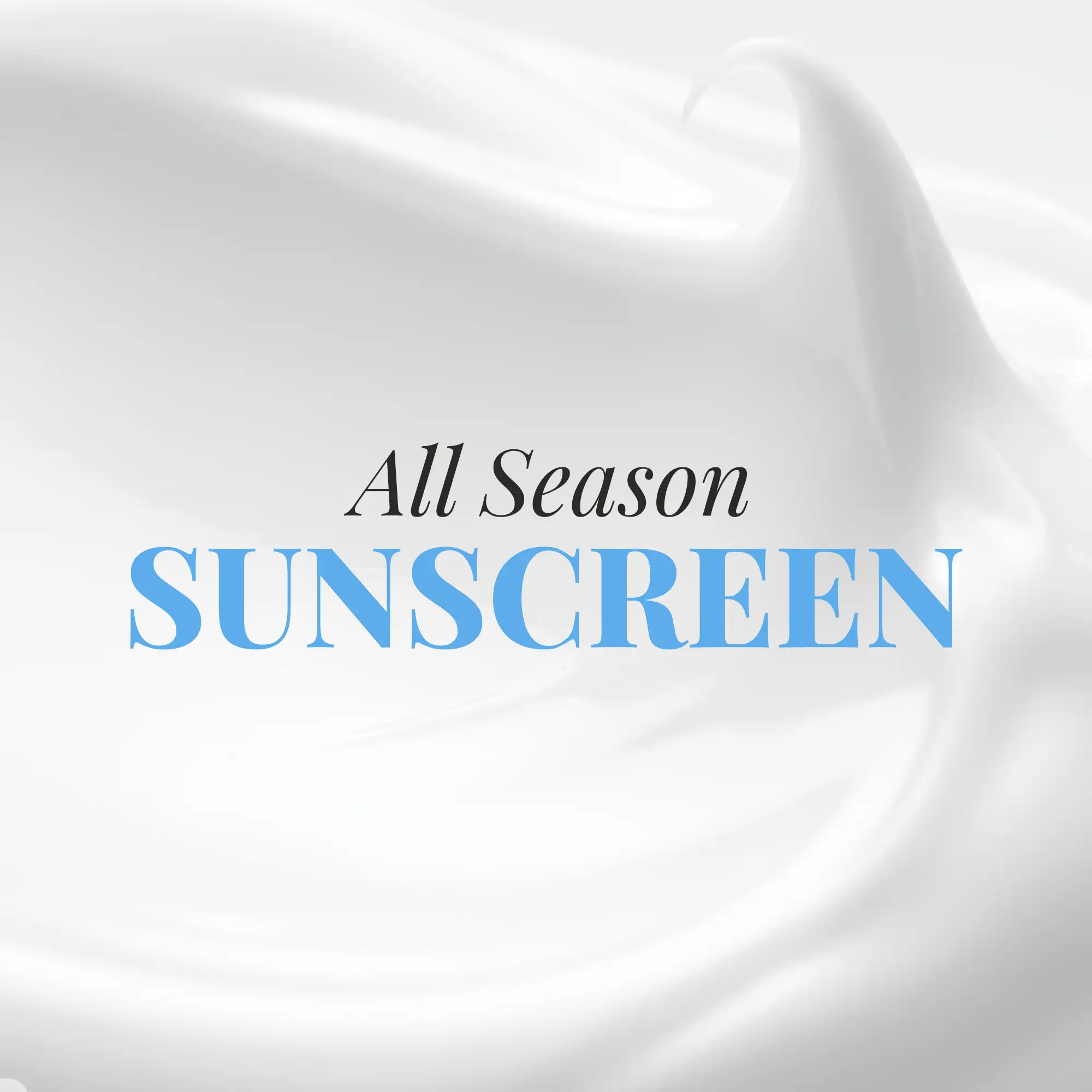
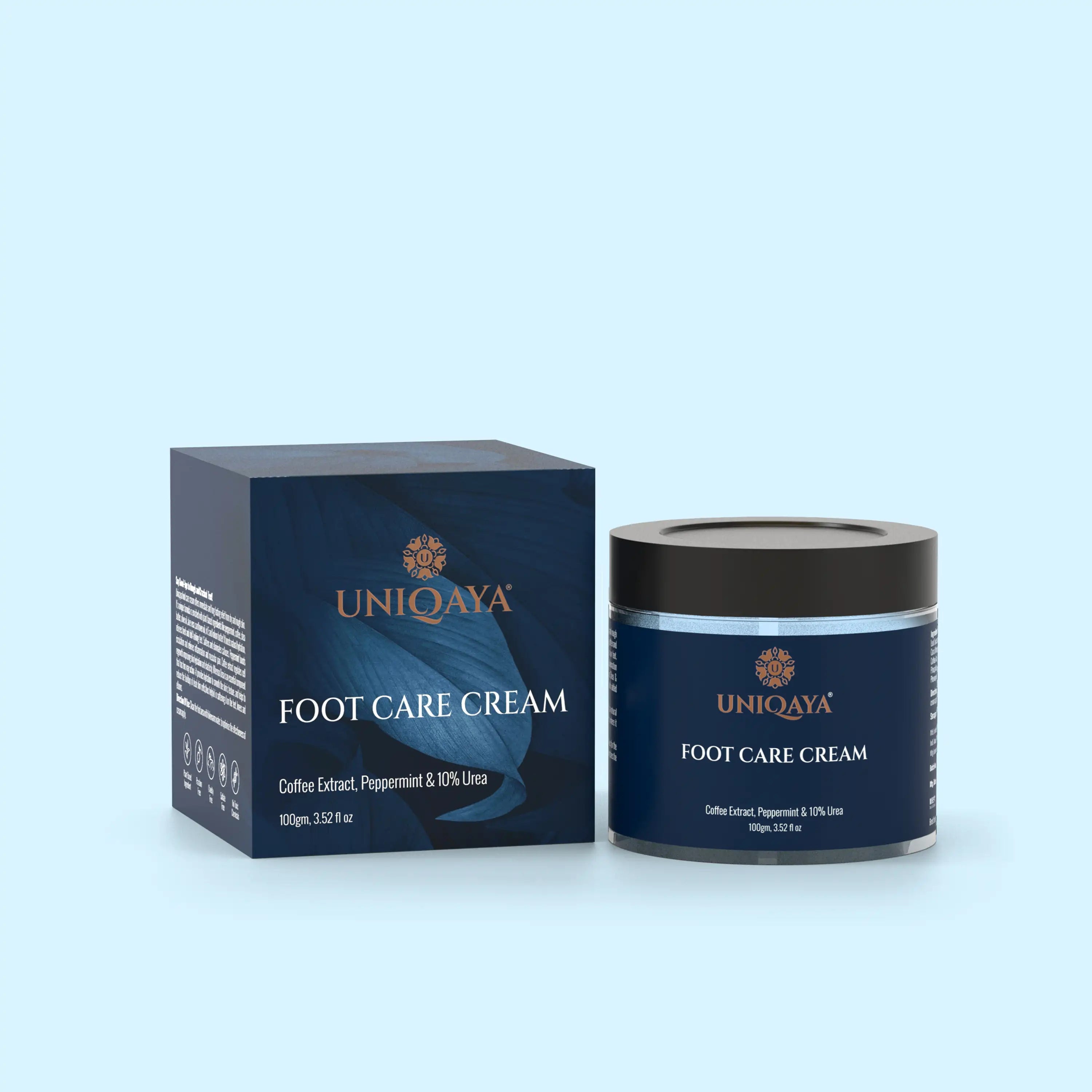
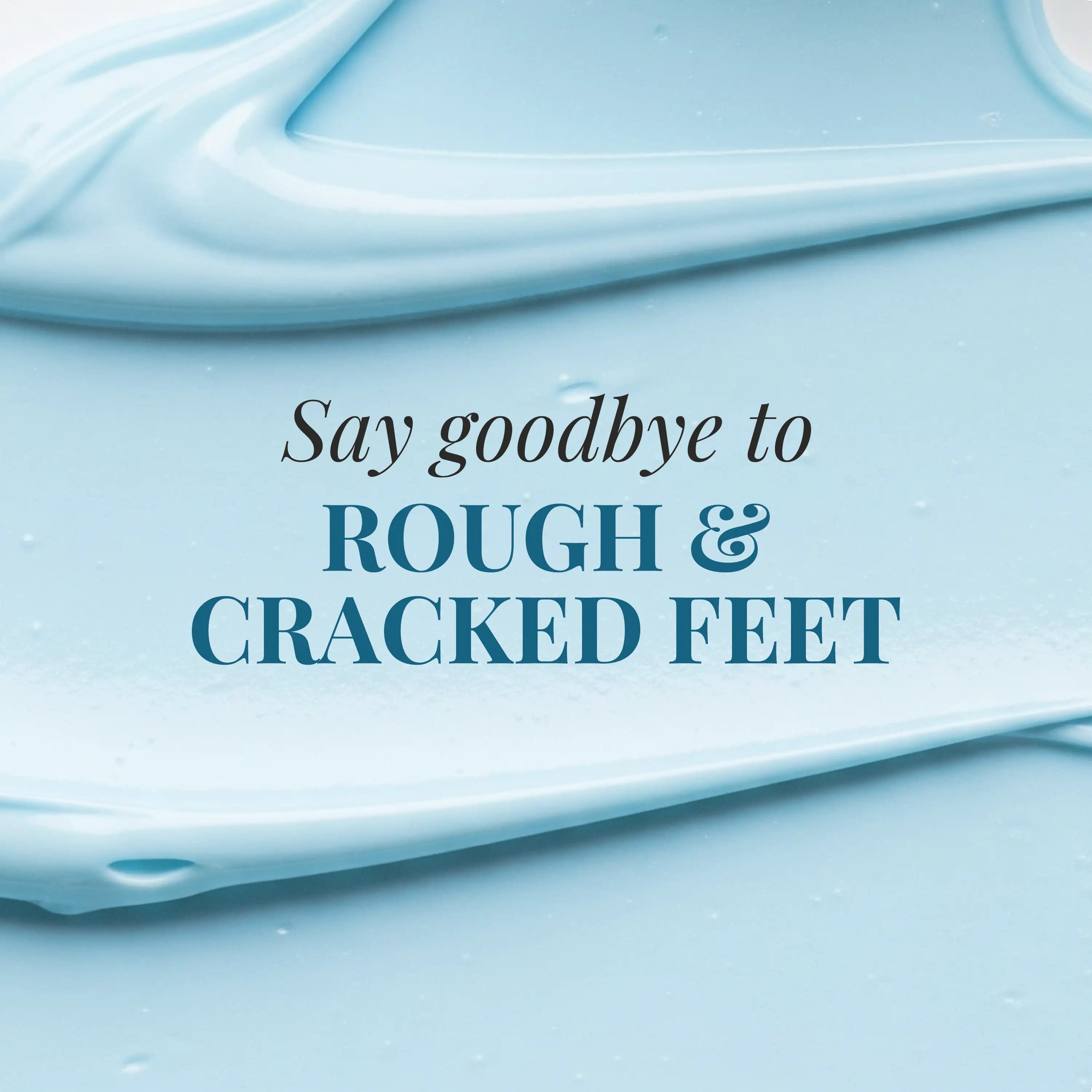
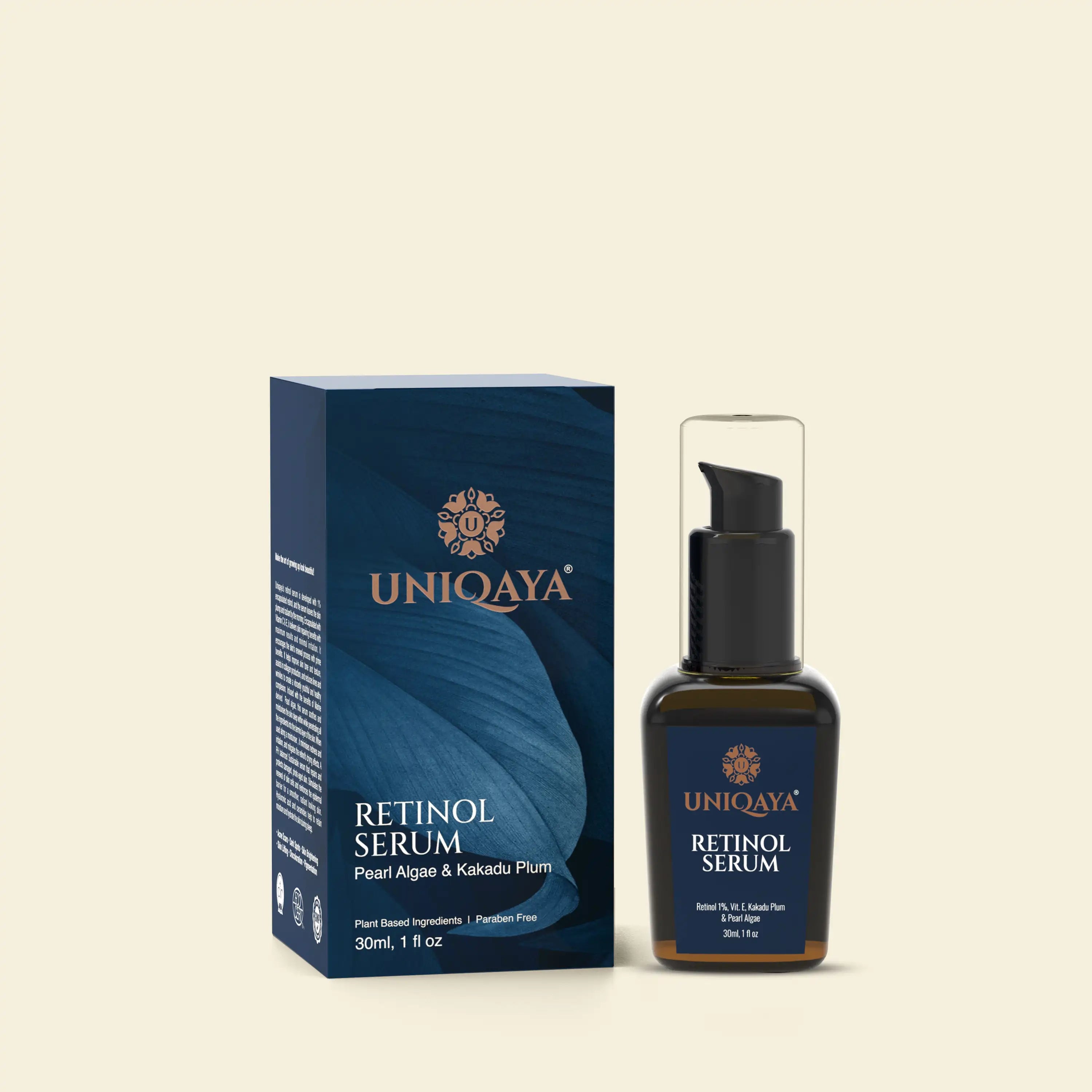
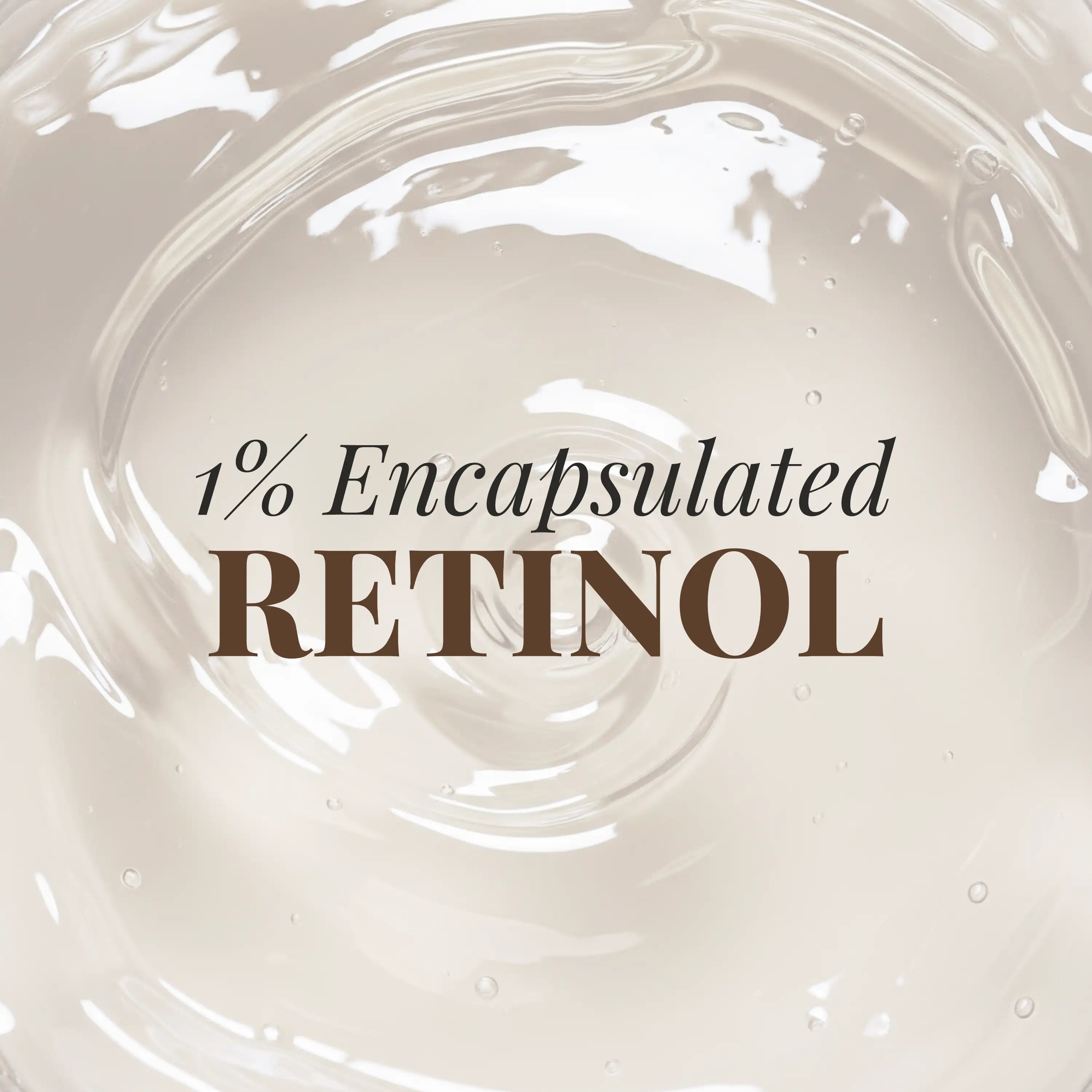
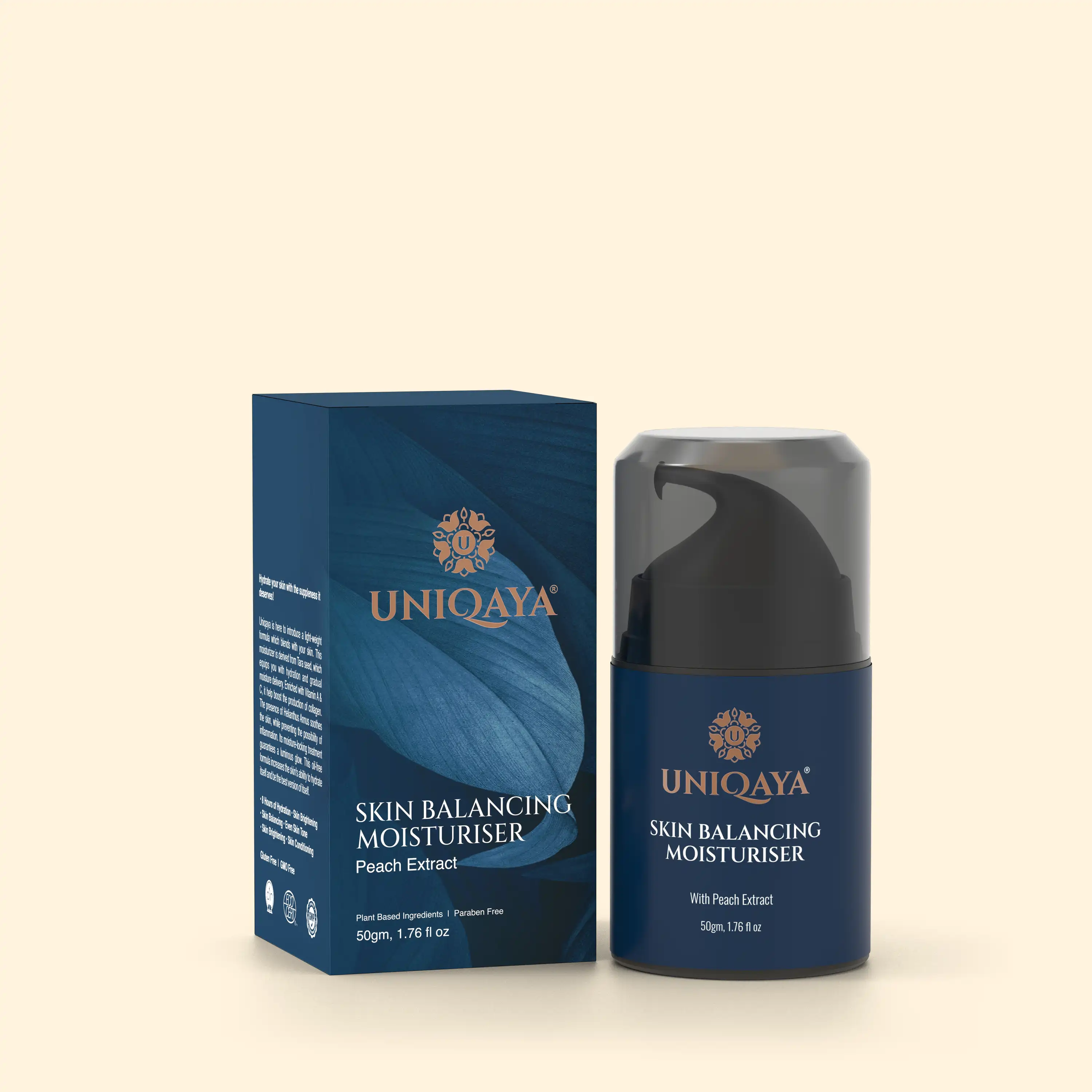
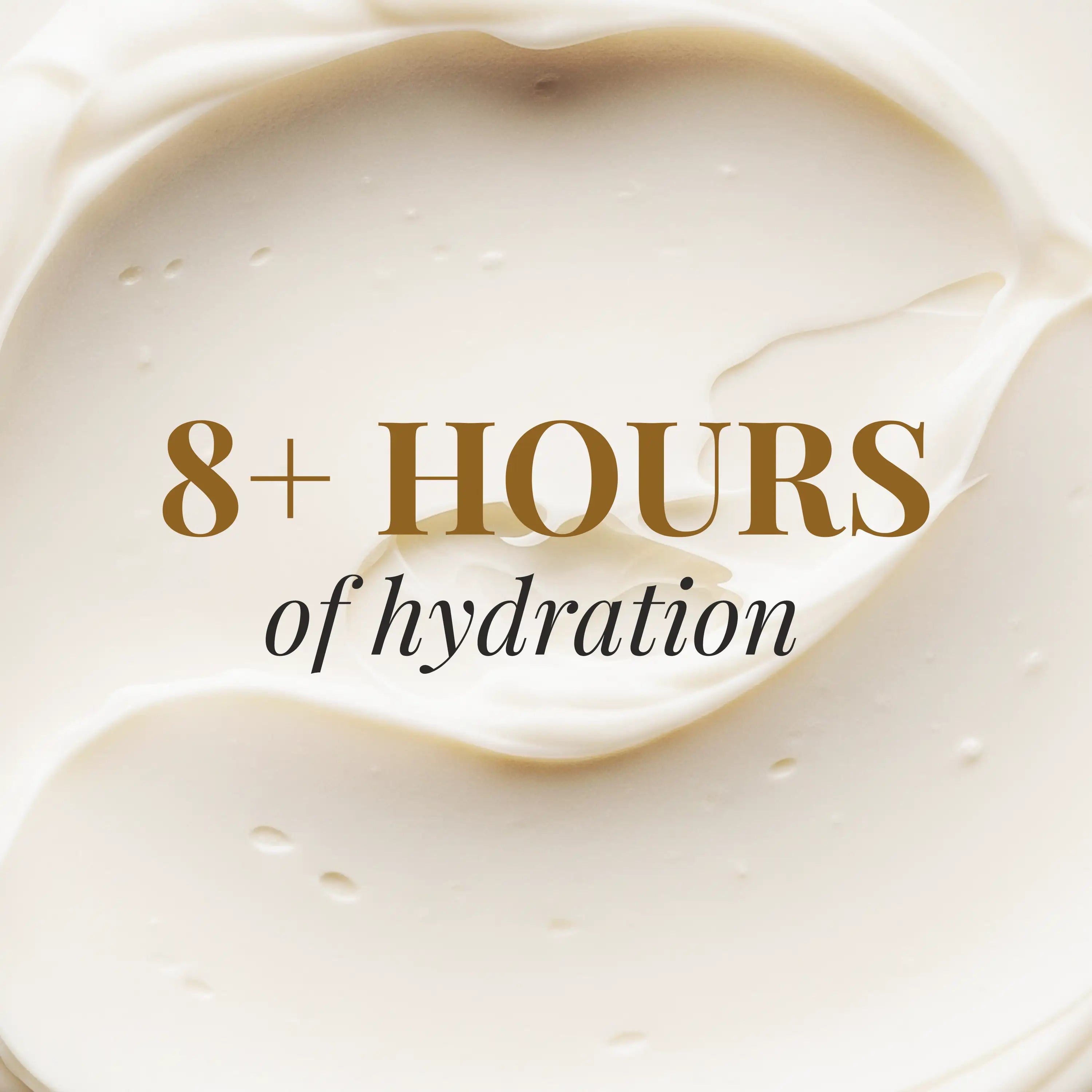
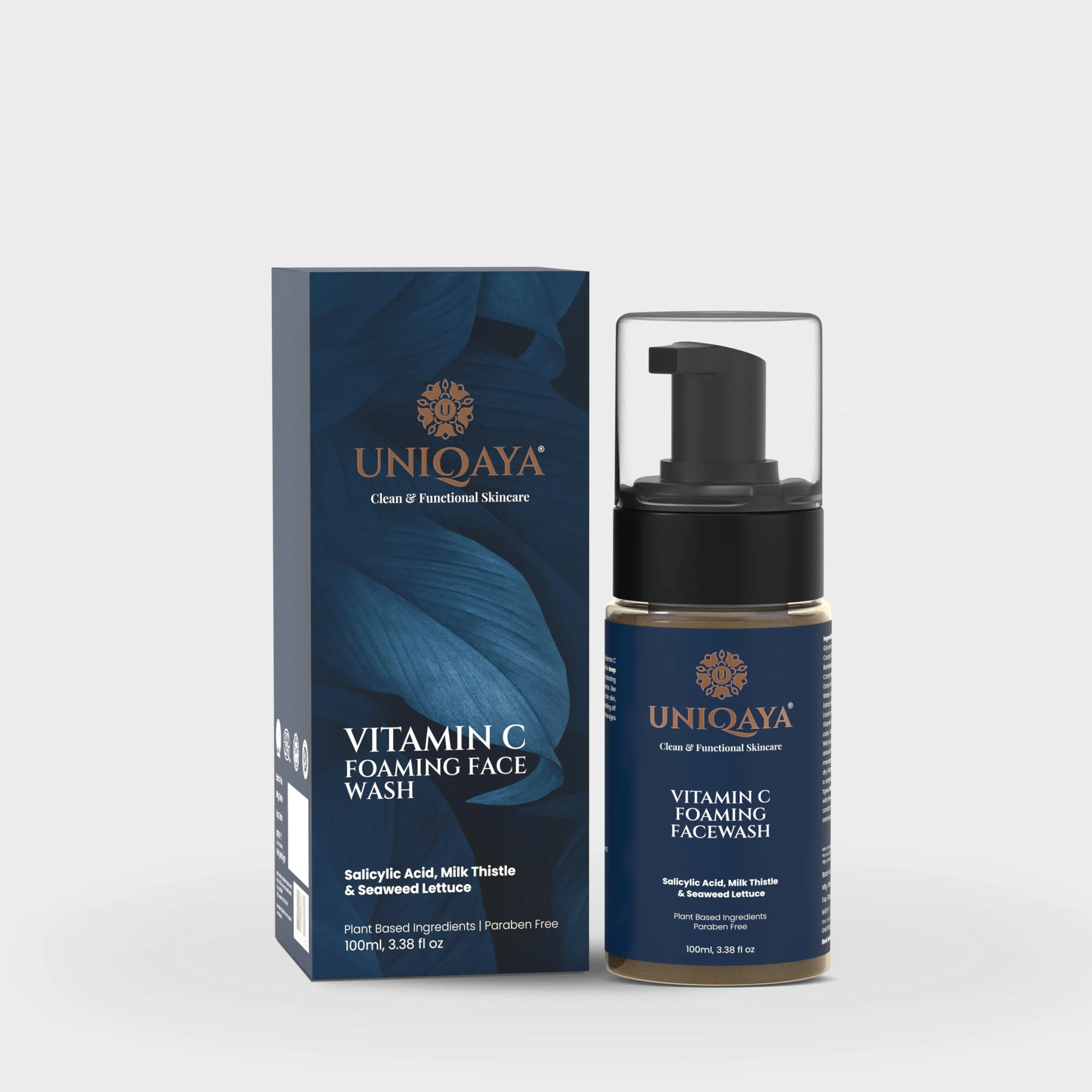
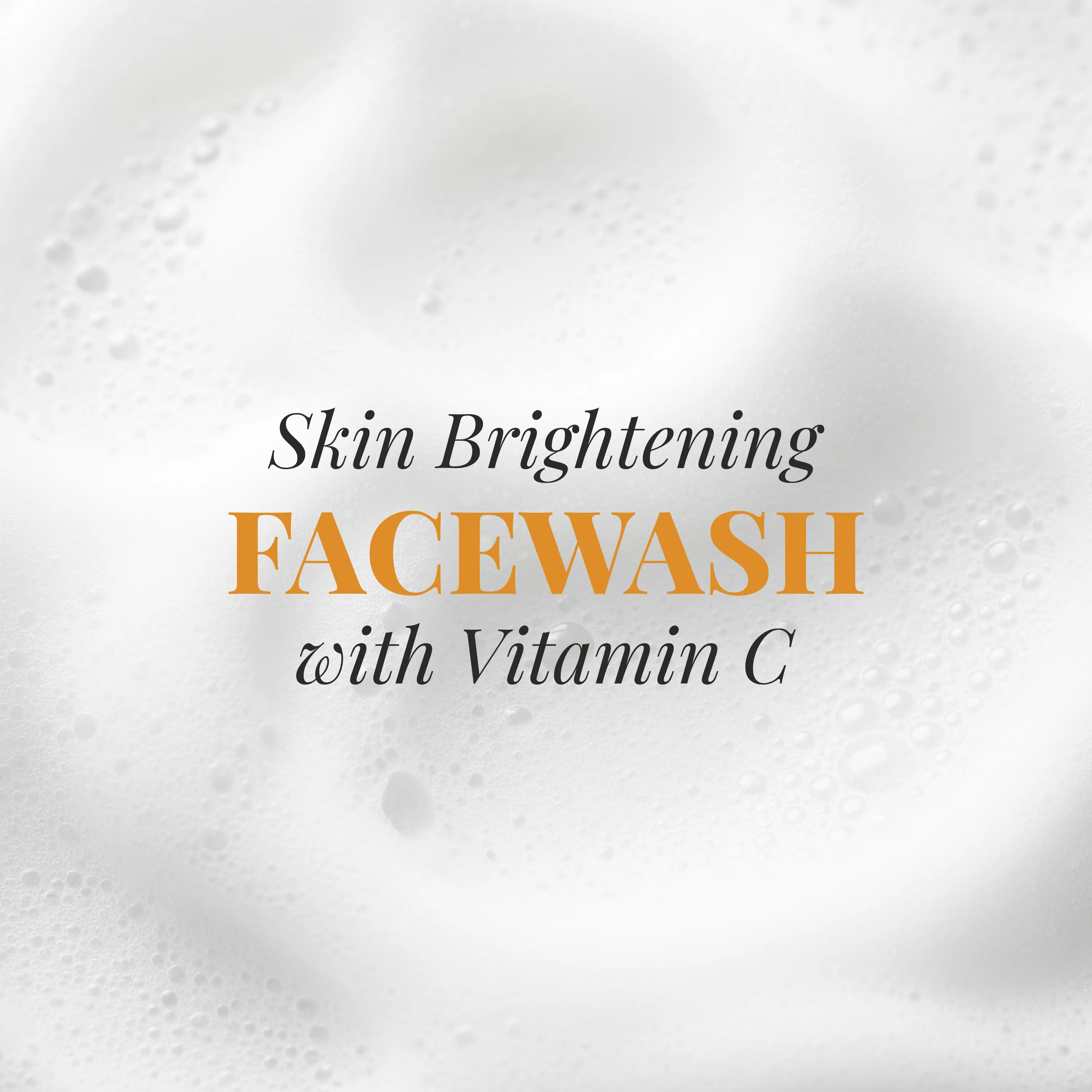
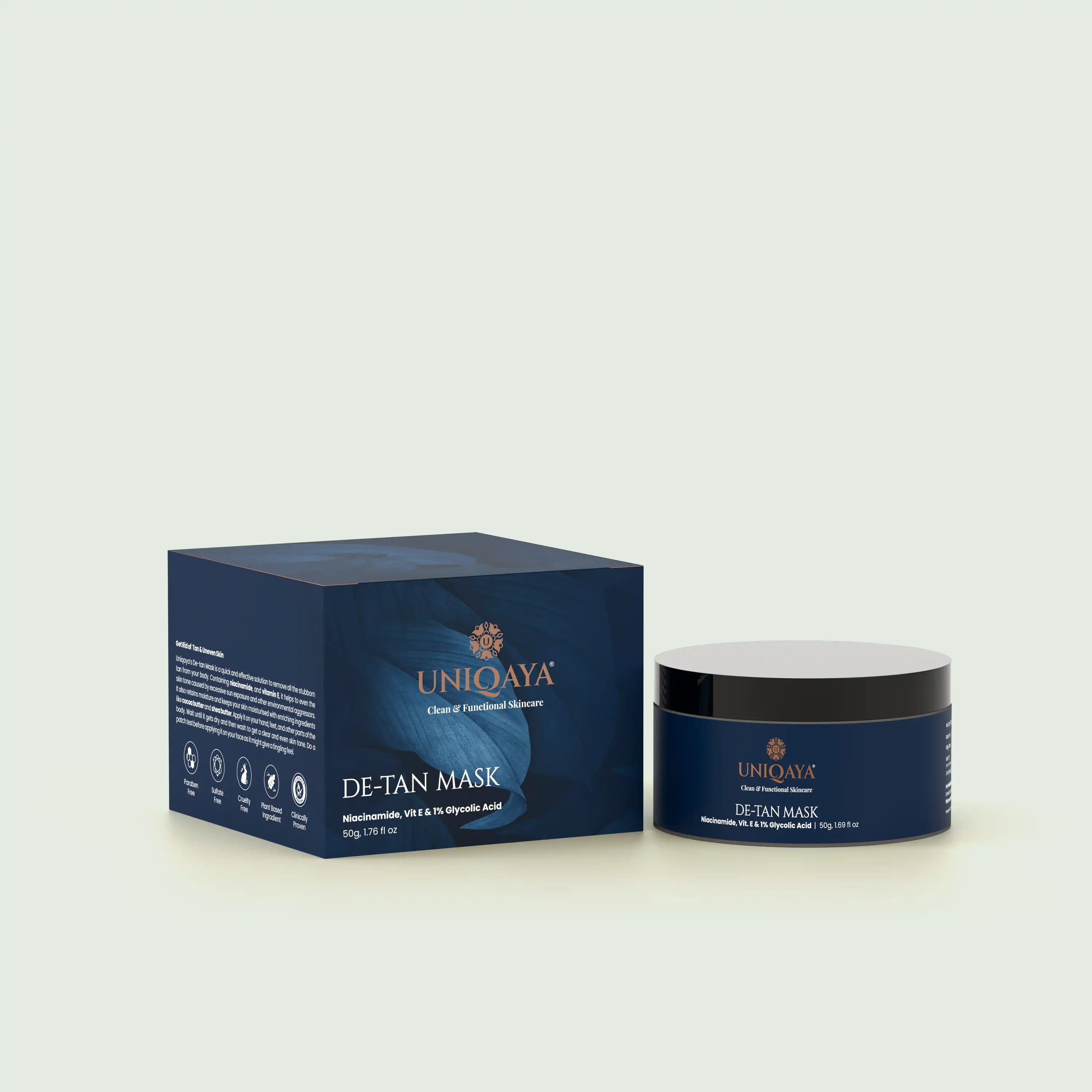
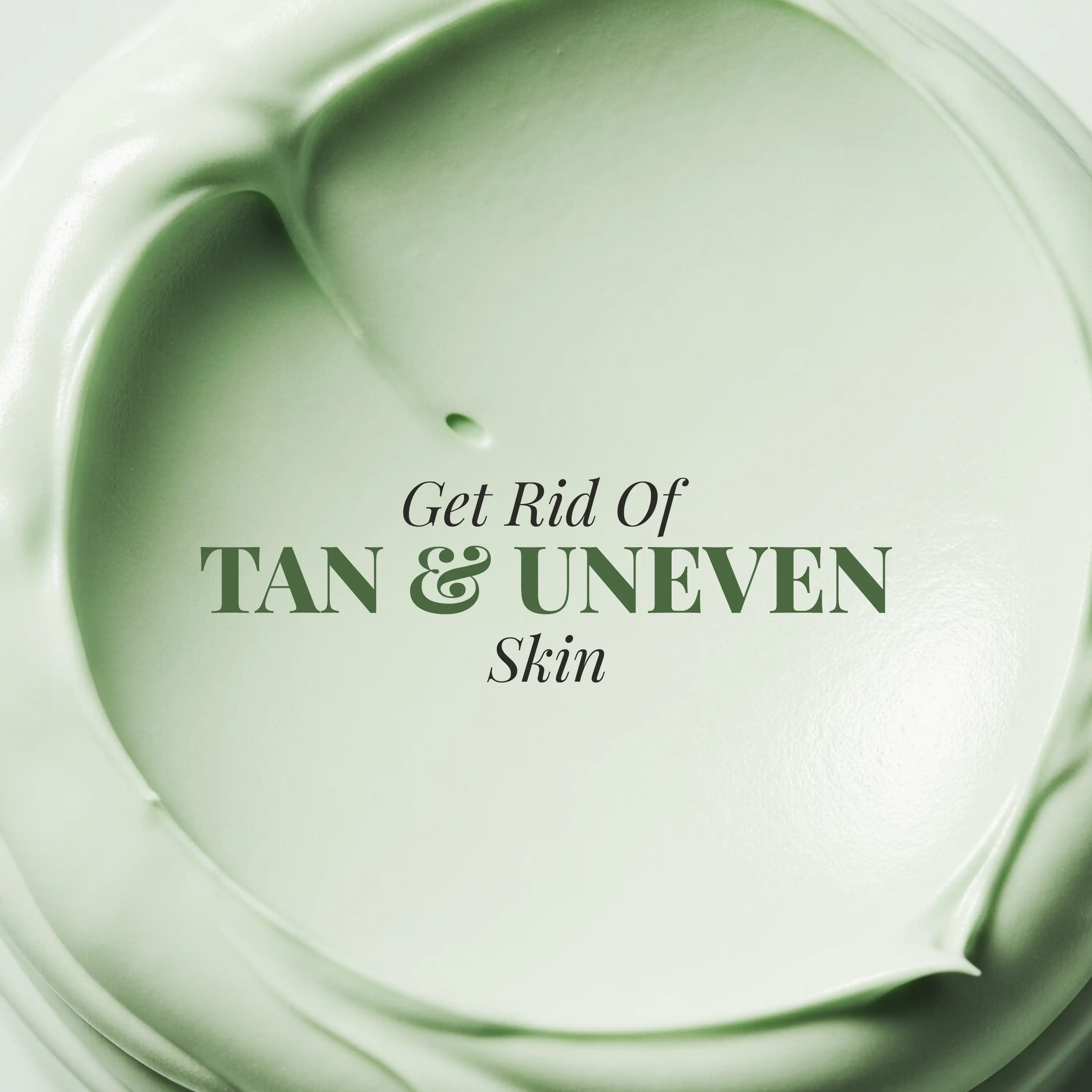
Leave a comment